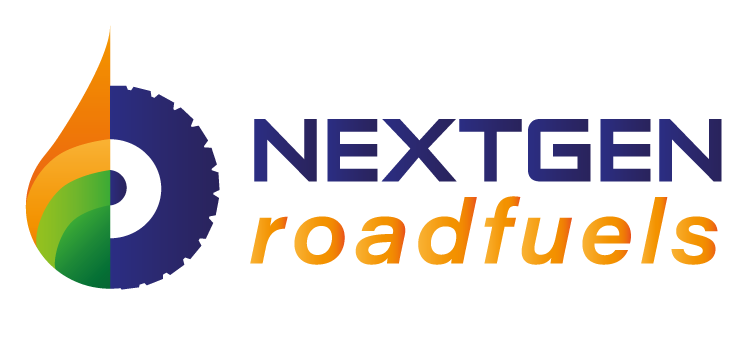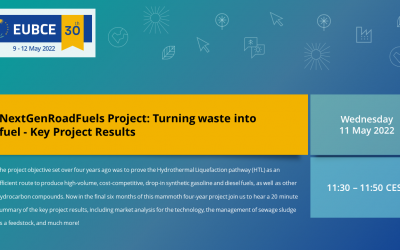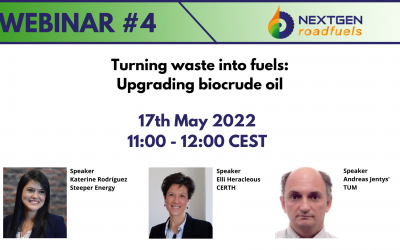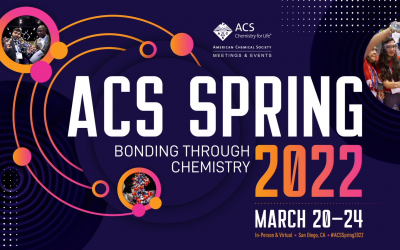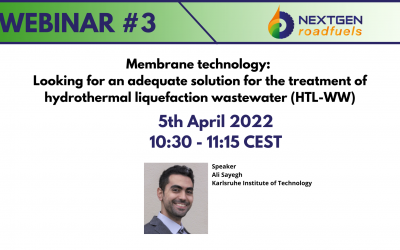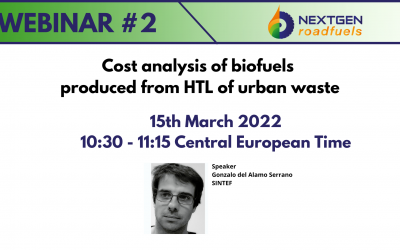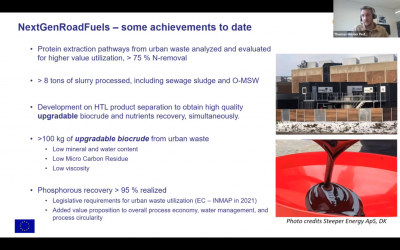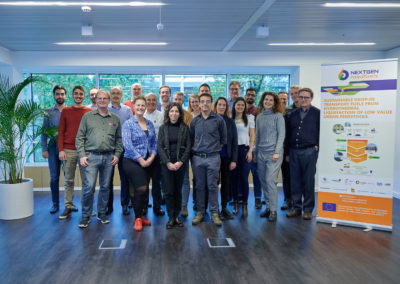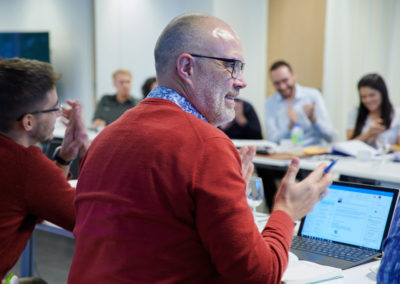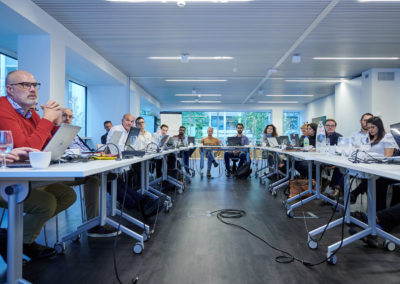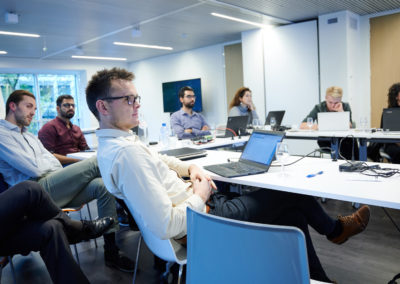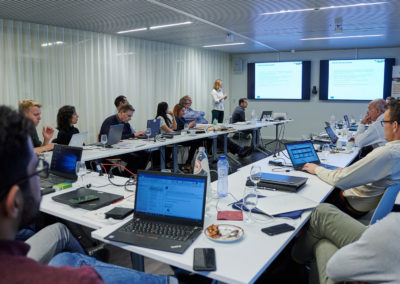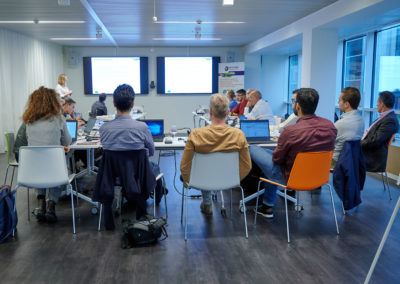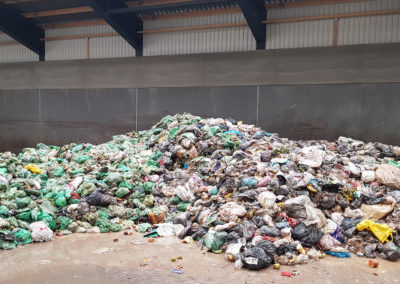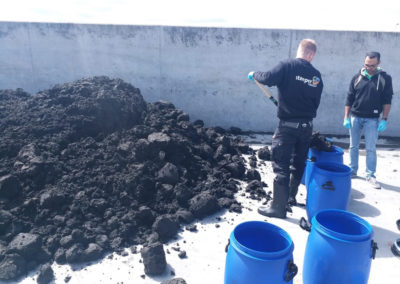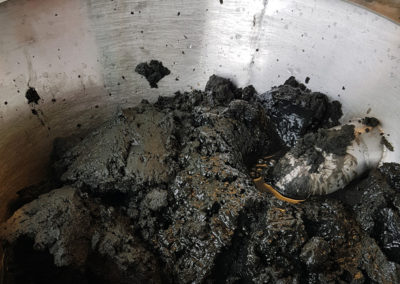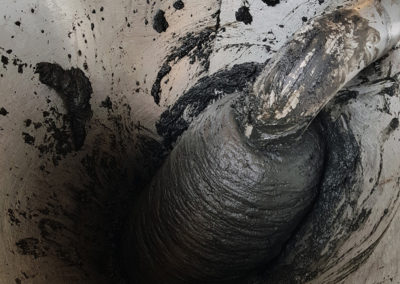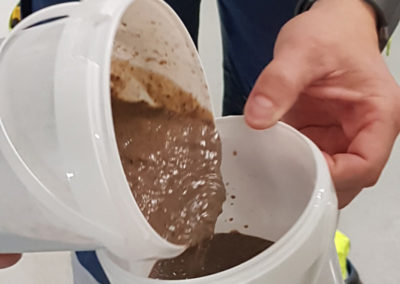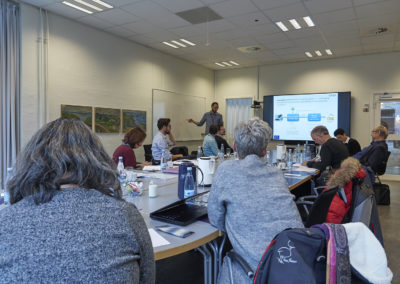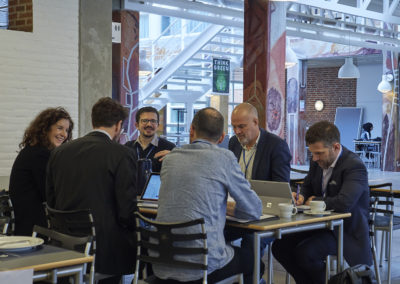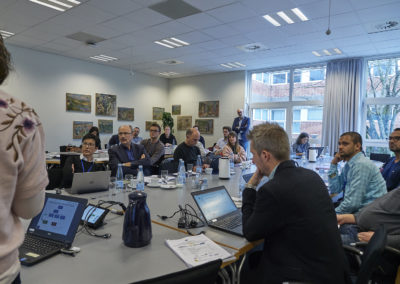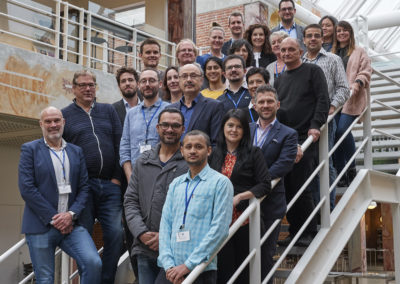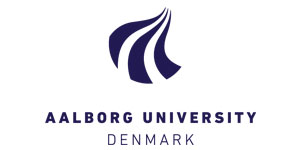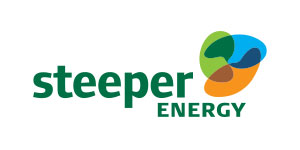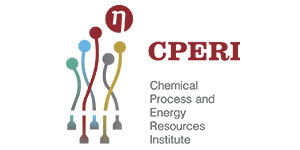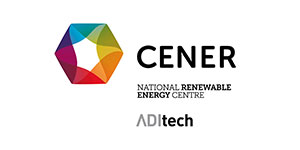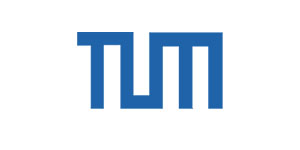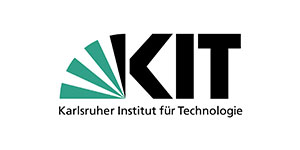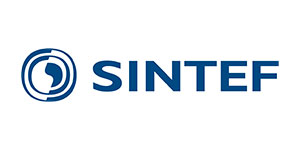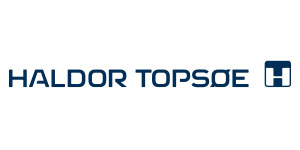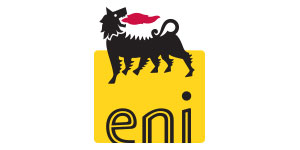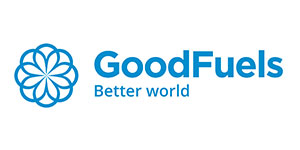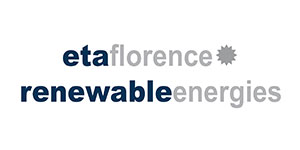NextGenRoadFuels is a Horizon 2020 project to develop a competitive European technology platform for sustainable liquid fuel production.
The project will prove the Hydrothermal Liquefaction pathway (HTL) as an efficient route to produce high-volume, cost-competitive, drop-in synthetic gasoline and diesel fuels, as well as other hydrocarbon compounds.

The project supports the SET-Plan Key Action 8 on renewable fuels and bioenergy, contributing to the renewable-energy-in-transport target and to the GHG emissions reduction objectives, in line with the Renewable Energy Directive (RED II) and the European Energy Roadmap 2050.
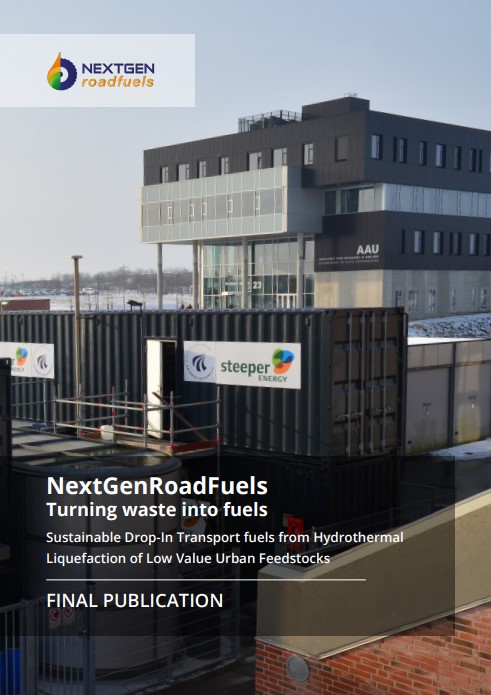
Final Project Publication!
Four years of research and pilot trials carried out by the NextGenRoadFuels project has led to numerous findings in the field of hydrothermal liquefaction (HTL), not only as an efficient route to produce drop-in synthetic fuels, but also as a core technology for urban waste valorisation.
This final project publication summaries and presents the key findings from each aspect of the research:
- Improving the HTL value chain from the start.
- HTL as core technology for urban waste valorisation.
- Turning challenging waste-derived biocrude into fuels.
- The market situation for HTL.
- Environmental assessment, sustainability and economics.
- The future for HTL.
Download the full publication here.
News
EUBCE 2022: NextGenRoadFuels Project: Turning waste into fuel – Key Project Results
The project objective set over four years ago was to prove the Hydrothermal Liquefaction pathway (HTL) as an efficient route to produce high-volume, cost-competitive, drop-in synthetic gasoline and diesel fuels, as well as other hydrocarbon compounds. Now in the final...
NGRF Webinar #4 – Turning waste into fuels: Upgrading biocrude oil
The conversion of sewage and urban waste through hydrothermal liquefaction (HTL) untaps a vast renewable resource for the production of renewable transport fuels. The HTL biocrude requires however further upgrading to remove or recover minerals, oxygen, nitrogen, and...
NextGenRoadFuels Presented at ACS Spring 2022
Between March 20-24th, Muhammad Salman Haider presented the NextGenRoadFuel project with an oral presentation at ACS spring 2022. There, he discussed the challenges and prospects during the continuous hydroprocessing of hydrothermal liquefaction biocrudes.” The title...
Membrane technology: looking for an adequate solution for treatment of HTL-WW
In the past, often was the case that researches focused on the biocrude quality produced through hydrothermal liquefaction and its upgrading, but neglected the importance of treating the liquid by-product, hydrothermal liquefaction wastewater (HTL-WW). Yet, this issue...
NGRF Webinar #2 – Cost analysis of biofuels produced from HTL of urban waste
How much would it really cost to fuel road vehicles with gasoline and diesel produced from aggregated urban waste? This is one main question of the Horizon2020 Next Generation Road Fuels project. Watch this webinar to hear about the how the overall conversion process...
Webinar Series #1 – Radically changing the way we think about wastewater management
Could our sewage and urban waste fuel the vehicles of the next generation? This is the question at the forefront of the Horizon2020 Next Generation Road Fuels project, and in the quest to answer this question, through experiments using sewage sludge as a feedstock for...
Circular economy approach
The project will develop a cost-effective valorisation pathway for multiple urban waste streams such as sewage sludge, organic waste and construction wood waste.
These streams will be converted into renewable fuels, fertilizers and proteins, thus fostering the urban transition towards a circular economy.
Cost-effective and scalable technology
At the basis of the NextGenRoadFuels process there are different combinations of thermo-catalytic, electro-catalytic and biochemical technologies.
This will permit to have a full scalable process, easy to integrate into existing supply infrastructures, and competitive final costs placing NextGenRoadFuels at the forefront in realising sustainable transport biofuels.
Flexible model
The consortium will use available state-of-the-art pilot facilities in 2 main scenarios:
- a standalone model where a full production pathway from urban feedstock to drop-in fuels can be managed at a central facility;
- a hub-and-spoke model, with several HTL plants close to the sources of feedstock and serving a single upgrading facility.
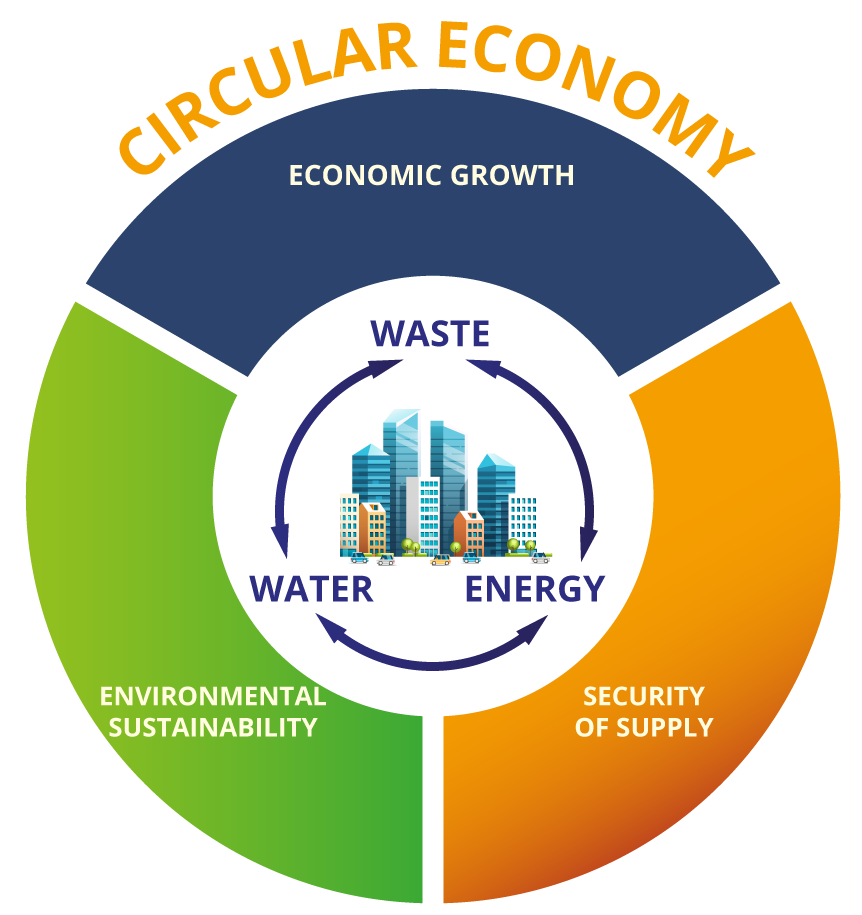
Activities
Collection
Upgrading
Market
Pre-treatment
LCA
Business strategies
HTL
Integrated assessment
Knowledge sharing
Stay updated

This project has received funding from the European Union’s Horizon 2020
Research and Innovation Programme under Grant Agreement No. 818413
